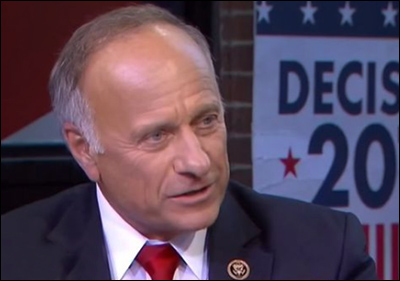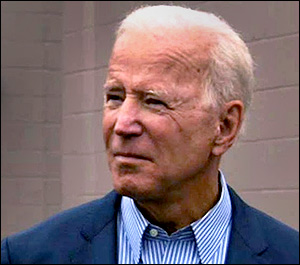By Jim Ellis — July 7, 2022
Senate
North Carolina: Rep. Budd Continues to Lead — The Trafalgar Group recently tested the North Carolina Senate race (June 29-July 1; 1,068 likely North Carolina general election voters; multiple sampling techniques) and, like all but one pollster since the May 17 primary, finds US Rep. Ted Budd (R-Advance) leading former state Supreme Court Chief Justice Cheri Beasley (D) by a slim margin, 48-45 percent, in this case. This is the fifth released post-primary survey, and all show both candidates in the 40s. Rep. Budd leads in four of the five published polls, with an average edge of 4.5 percentage points. Beasley’s only advantage, 44-40 percent, came in the June 8-12 Survey USA poll.House
IL-6: Ex-Rep. Lipinski Considers — Former Chicago area US Rep. Dan Lipinski (D) said yesterday he is considering entering the 6th District race as a “centrist Independent” either in this election or the next. Rep. Lipinski lost the 2020 Democratic primary to progressive left challenger Marie Newman who was then defeated in this year’s 6th District Democratic primary. Lipinksi would ostensibly challenge the victor from that nomination campaign, Rep. Sean Casten (D-Downers Grove). To qualify as an Independent, Lipinski would have to submit valid petition signatures from 5,000 registered district voters by July 25.
His entry this year is unlikely. Running as an Independent wouldn’t give him much of a chance to win, but he could draw enough support to throw the seat to Republican Keith Pekau, the Orland Park mayor who won the 6th District GOP nomination. The latter outcome would be a real possibility since the FiveThirtyEight data organization rates this district as a D+6, meaning it could potentially flip in a wave Republican year.
IL-13: Republican Winner Declared — It is now official that conservative educator Regan Deering has won the close Republican primary campaign in new District 13. She defeated former federal prosecutor Jesse Reising by a tight 35-33 percent margin. She now advances to the general election to face former Obama Administration official Nikki Budzinski (D).
The 13th is a newly created open seat that stretches in the form of a snake from the Champaign/Urbana area through Decatur and Springfield before ending in East St. Louis. FiveThirtyEight rates the seat D+7. The Dave’s Redistricting App calculates the partisan lean as 53.5 – 41.8 percent in favor of the Democrats, so it is obvious that Budzinski begins the general election campaign as the favorite to win in November. The new 13th is the by-product of Reps. Mary Miller (R-Oakland) and Rodney Davis (R-Taylorville) being paired in the new 15th CD.
NY-19: Democrat Still Trails, but Closer — Special election Democratic candidate Pat Ryan, the Ulster County Executive, just countered an earlier Triton Research poll, which posted Dutchess County Executive Marc Molinaro (R) to a substantial 52-38 percent lead. The Ryan internal Public Policy Polling survey (June 29-30; 581 NY-19 general election voters) finds Molinaro holding a 43-40 percent edge.
The PPP poll is confusing in that it tests NY-19’s general election voters. The Ryan-Molinaro election, however, is a special election in the current 19th CD to fill the balance of Lt. Gov. Antonio Delgado’s (D) final months of the US House term to which he was elected in 2020.
For the general election, regardless of whether he wins or loses the special election, Ryan is running in the new 18th CD. There, he will face Republican state Assemblyman Colin Schmitt (R-New Windsor). The NY-19 special election is scheduled for Aug. 23, concurrent with the regular election primary. Thus, Ryan will be running for two different House seats on the same day.







